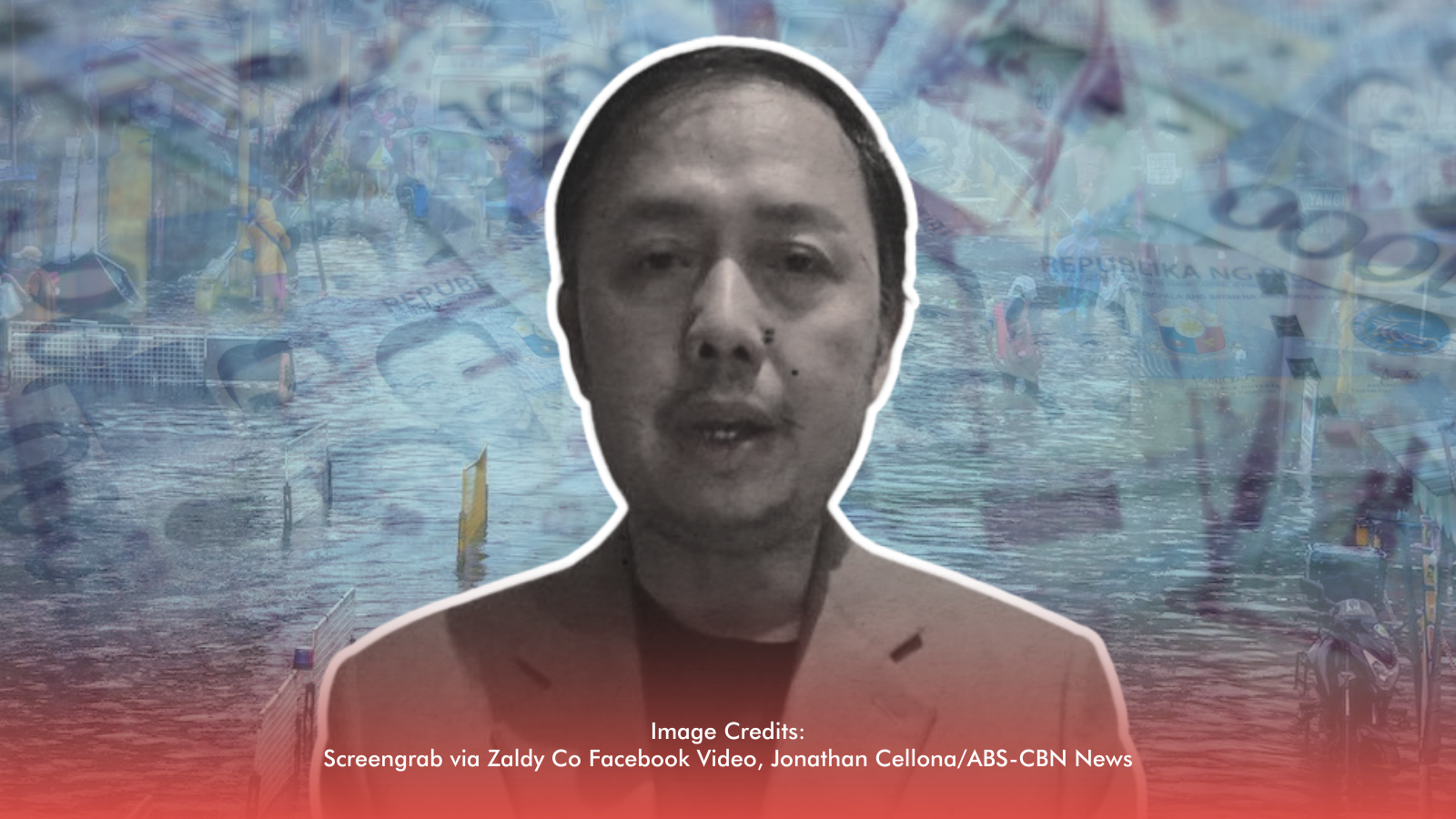On Wednesday, June 4, the House of Representatives approved on third and final reading House Bill No. 11376, which mandates a P200 daily wage increase for minimum wage earners in the private sector. The vote was overwhelming: 172 in favor, none against, and one abstention. If enacted, it would mark the first legislated nationwide wage hike since the 1989 Wage Rationalization Act.
Principal authors like TUCP Rep. Raymond Mendoza and Gabriela Rep. Arlene Brosas hailed the move as historic. Brosas noted, however, that the increase still falls short of the P1,225 family living wage cited by IBON Foundation. Nonetheless, she emphasized it breaks years of legislative inaction on wage reform.
However, while the bill succeeds in furthering discussions on workers’ welfare, it falls flat in practical application. The current business and employment landscape in the Philippines simply cannot accommodate such a drastic change without suffering dire consequences. In this article, we try to unpack this problematic bill’s potential implications.
Good Intentions, Flawed Execution
The intent behind the bill is commendable, which is to uplift Filipino workers amid rising costs. But its implementation leaves much to be desired. The legislation pushes a flat wage hike across the country with no transition plan, no regional differentiation, and no safety nets for small businesses.
This isn’t just a minor policy oversight. It is a structural risk. Micro and small enterprises (MSMEs), which make up over 99% of businesses in the country, will bear the brunt. These are your neighborhood eateries, tailoring shops, and sari-sari stores — most of which don’t have the margins to absorb a sudden wage hike. Their likely response? Reduced hiring, shorter hours, price increases, or even closure. With the high price tag on petrol and other basic necessities, businesses are already running on fumes, and this could likely be a final nail in the coffin for those struggling.
Unintended Consequences on the Ground
As labor costs rise, prices of goods and services will follow. A P200 increase quickly loses meaning when daily expenses balloon. Worse, the pressure may push employers to resort to informal labor arrangements. This means no contracts, no benefits, and no job security — worsening the very problem the bill aims to solve.
Once prices for goods and services rise, the domino effect ensues. Austerity measures on a household level take hold, with mothers opting to scrimp on kitchen needs and home improvement. On an individual level, beauty salons and other personal services will take a huge hit. Socially, it may promote less economic activity when people go out. The economy is simply not prepared for these effects.
Political Posturing and an Economic Gamble
In the upper chamber, the Senate has approved a more tempered P100 wage hike. Senate leaders like Juan Miguel Zubiri and Joel Villanueva are open to adopting the House version but express concern about the economic burden and the difficult position it may place on President Bongbong Marcos.
This isn’t about being anti-worker — it’s about being more in touch with realities on the ground. A wage hike without structural reform is akin to fixing a roof using duct tape, in the middle of a storm. Congress had a chance to pair this bill with tax relief for SMEs, stronger labor inspections, and productivity-based raises. Instead, they chose speed over strategy. If this law sees the light of day, this may cripple the economic reality for a once-optimistic middle class.








